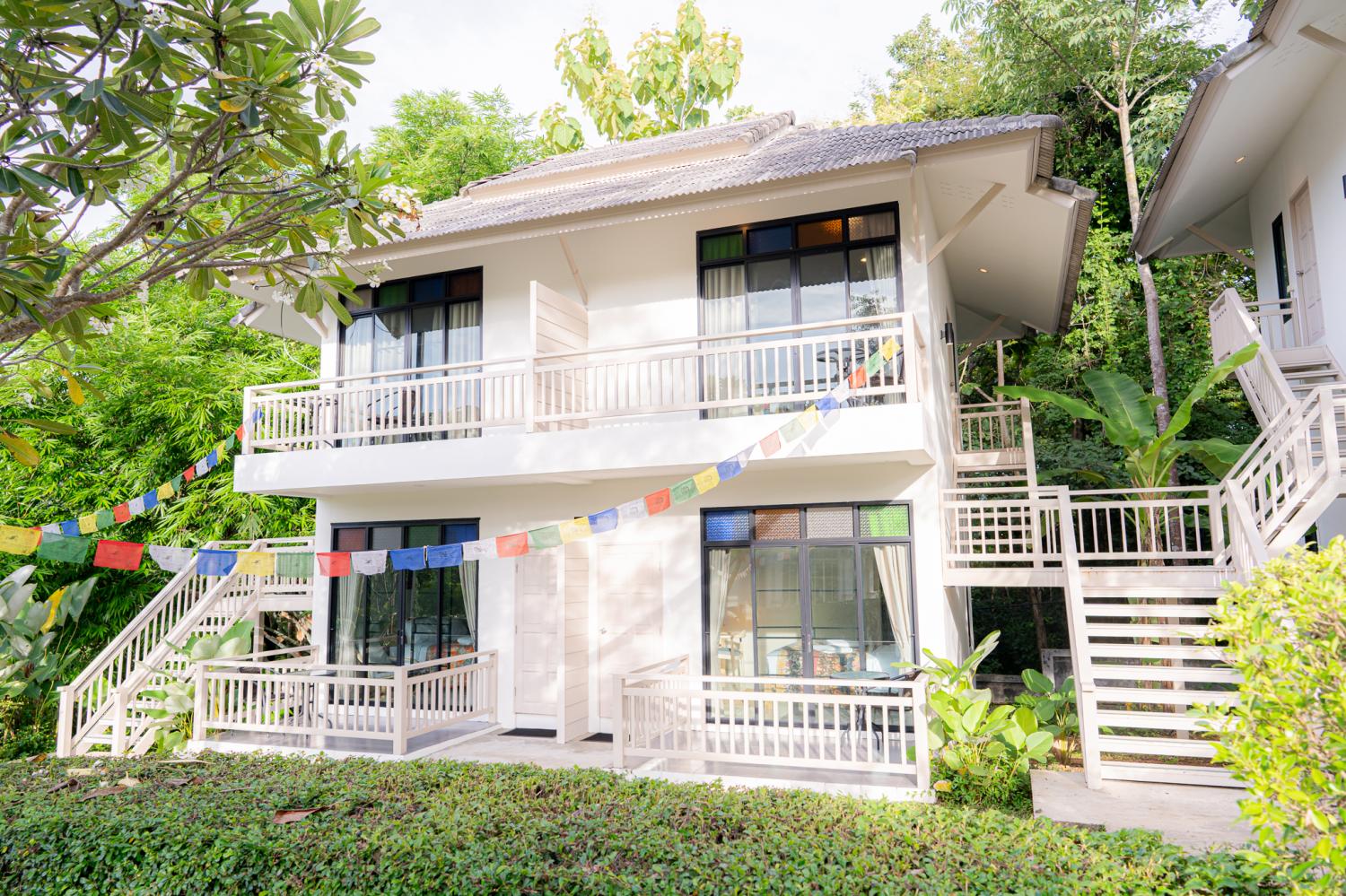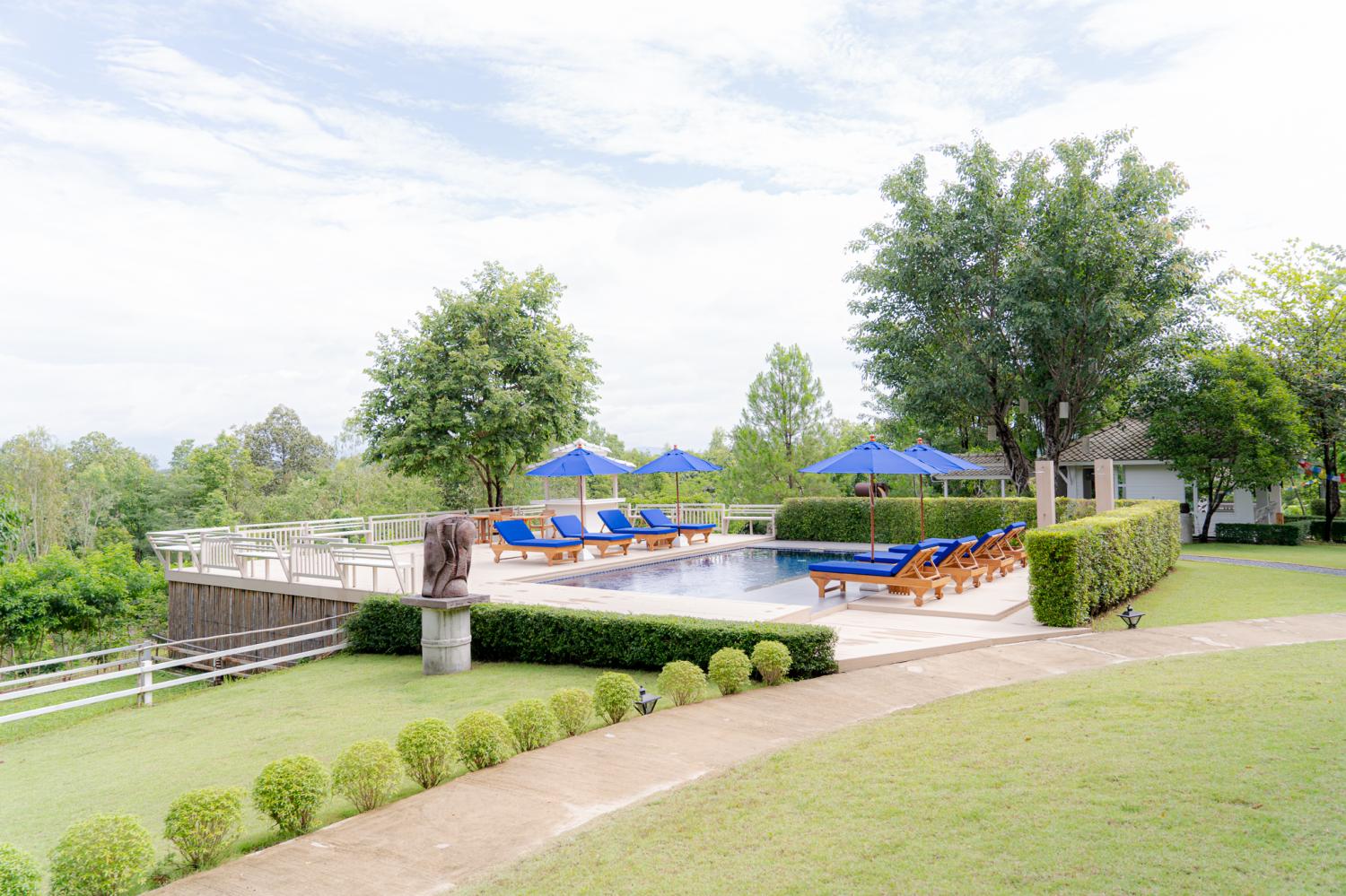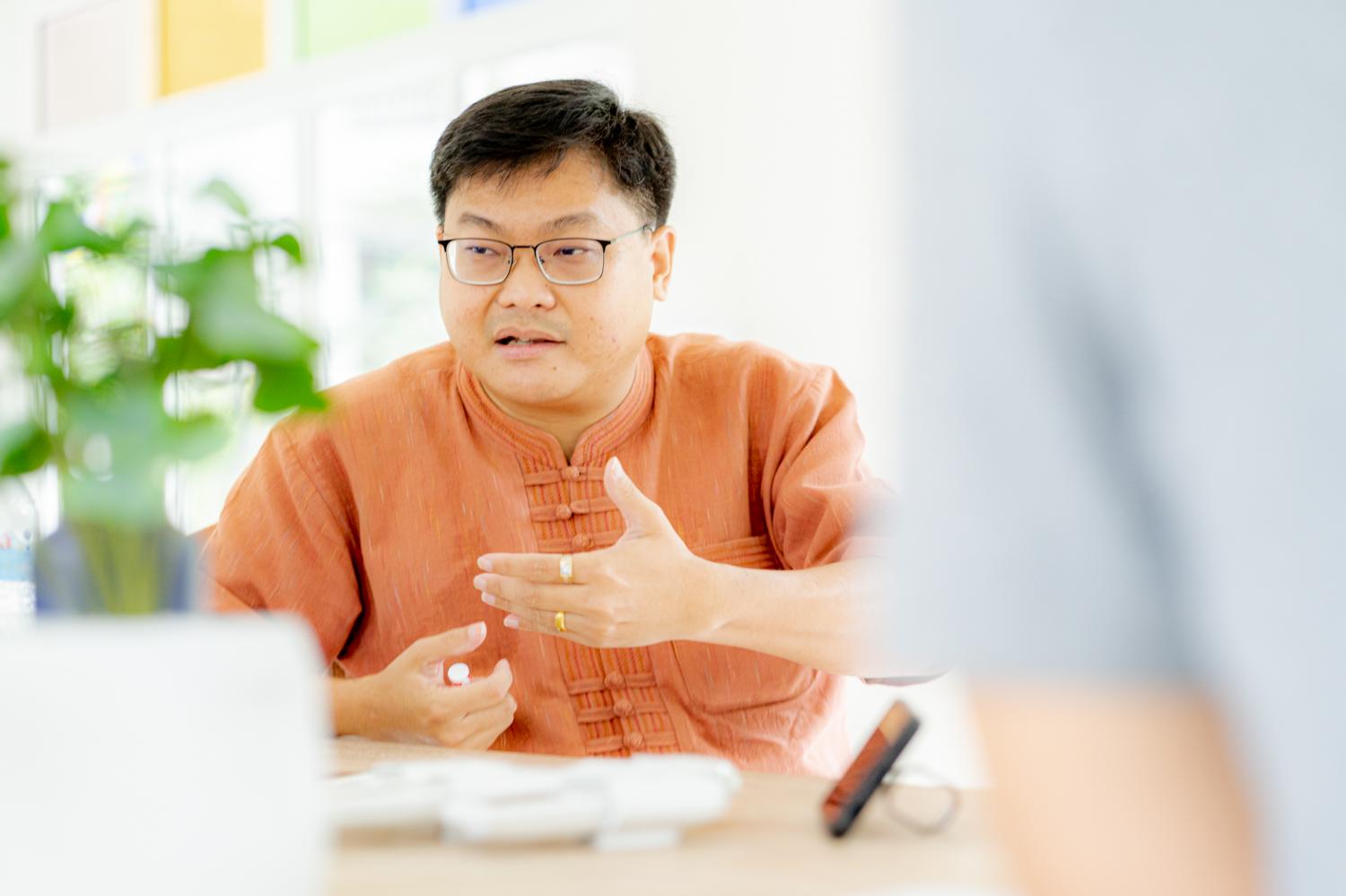The Covid-19 pandemic has impacted not only the physical health and economy of millions of people around the world but also has disrupted their mental health in a significant manner. As the world cautiously reopens to travel, Thailand has become a destination of choice for numerous tourists as travel restrictions continue to subside.
Getting ready to welcome back tourists and to restore their health to the pre-Covid stage is The Beekeeper House in Chiang Mai. Set up on the concept of compassion, the facility is one of Southeast Asia's trending treatment centres for addiction and other behavioural issues.
Each staff member, and the work experience they bring, adds to the uniqueness of the place. One such example is Dr Kanok Uttawichai, a highly experienced licensed medical doctor and scholar with over 14 years of experience in addiction and mental health.
The Beekeeper House also provides its residents with accommodations and structures built in the middle of nature to offer them the perfect antidote for healing.
In this regard, the director of The Beekeeper House Robert Common shares with Life what makes the luxury rehab stand out.

Beekeeper House. Beekeeper House treats addiction and other behavioural issues. Beekeeper House

Beekeeper House. Beekeeper House treats addiction and other behavioural issues. Beekeeper House
Walk us through the process of setting up The Beekeeper House in Chiang Mai.
The process spanned around two and a half years. We had one open in Cambodia, which had to close due to Covid. However, that gave us the opportunity to rethink our approach. We began the process of redeveloping the concept of BKH and decided it would be better suited to Chiang Mai, due to its beauty, and world-class health access. We applied for BOI status, which was a rigorous process and actually helped us refine our ideas more. Once approved, we began the process of hiring key staff and identifying a property that suited our needs. Once we had done that, we began the process of renovation and property development, partnership development with key local counterparts as well as the development of the complex systems and policies that sit behind running a treatment centre to the highest standards.
As a luxury rehabilitation centre, what were some of the challenges you faced to see the setting up of the facility come to fruition?
The first was finding the right property. We were able to hire key staff very quickly due to our existing reputation, however, my initial assumption was that finding a property easily was misplaced. It took me over nine months of searching to find the right place for our exact requirements, I must have viewed over 70 potential places. Then the process of getting the right contractors in to bring our vision to life was also quite a process, however, we were lucky with some excellent contractors we found in Chiang Mai to create the botanical gardens and find local craftsmen to hand-build all of our furniture as we have a policy of sourcing as much as we can from the local community.
What needs are you meeting of potential patients that they cannot receive elsewhere?
We place great emphasis on clinical excellence, but we also couple this with other therapies such as yoga and meditation among many others. These aren't nice add-ons but are a part of the programme that clients are expected to participate in every day, and these treatment modalities have evidence to back them up. For instance, meditation practices, which are led by our expert in-house instructors, reduce the size of the amygdala

The overall landscape.
And yoga is proven to be highly effective for trauma resolution, with numerous studies evidencing this. We also operate a separate site for detoxing clients, as this is the Gold Standard for treatment. We do this with our sister company The Warmth, a fully registered and licensed rehab. This gives the privacy and space they need to safely detox, and we can also ensure clients are medically stable before they transfer to our main site.
Do give us a short history behind the name The Beekeeper House and how it evolved into what it is presently.
The name Beekeeper comes from the concept of the importance of bees, just as bees are essential to a biodiverse, nourished and harmonious environment, so are happy, fulfilled people essential to a thriving, resilient society.
You offer a string of interesting activities, therapies, and treatments, how would you define your target groups, and just how tailormade are your activities? Please offer some examples.
Our clients, or target groups, are from all walks of life. We have a fairly well-established programme that offers clients structure in their lives, which most find reassuring and means they are able to bring a little harmony to their lives.
It is also varied in nature. However, there are very distinct ways that we tailor what we do. This might be in the therapists' approach to working with clients one on one, we have a team that is trained in a wide range of therapeutic approaches and we don't rely on one modality such as CBT. It might also make some small adjustments to accommodate specific needs they have, with an extra session on sleep hygiene if a client is a clinical insomniac. We also work with psychiatrists in order to ensure clients are on appropriate medications and aid clients in making those adjustments.
Thailand is recognised for its medical tourism globally, how do you hope to encourage not just local residents but international travellers to experience what The Beekeeper House has to offer.

Robert Common, director of The Beekeeper House. Beekeeper House
We work with a number of international experts in different countries around the world who make referrals to us and have also been part of the journey of developing The Beekeeper. We also rely on credible websites that verify us as being real, they check our paperwork and insist on a video call showing the site so they can verify us as being who we say we are. It's a combination of marketing and word of mouth.
Mental health issues and addictions have skyrocketed since the pandemic began three years ago. What other innovative treatments and activities do you expect to add to the menu in the years to come to address the needs of patients?
As a company we are always seeking to innovate, even offering the programme we offer is considered groundbreaking by many in this field. There aren't many psychiatrists that prescribe yoga as a treatment for trauma. We also have virtual reality headsets, which are an immersive treatment process using cutting-edge technology. We are also beginning to work with some international health providers on offering some additional services to clients such as non-invasive medical screenings by Nordic Labs for functional medicine, the results of which would be worked on with our Thai medical counterparts.
How do you see the future of luxury rehab centres in Thailand?
I think there is tremendous room for growth within the sector, as Thailand has many comparative advantages. We can access a talented and skilled workforce, delivering high-quality care to international standards at a significantly lower price point than say, Europe or the US. We don't have to cut costs to do that, and we can also pay our staff well.

Dr Kanok Uttawichai. Beekeeper House
What have you gained from being a part of The Beekeeper House?
If I were to respond to that personally, the initial start-up phase was hard work but watching my team of over 40 staff come together, grow and create such a special place has been quite something to watch. I might be the owner, but I am nothing without my team. They're what make The Beekeeper House such a special place to come to, I owe them everything. Whether they tend to the gardens or are a director, each and every one of them has made this dream I had a reality. They all signed up for this during Covid, in spite of the uncertainty and fragility of where the company might go. That has moved me deeply.

